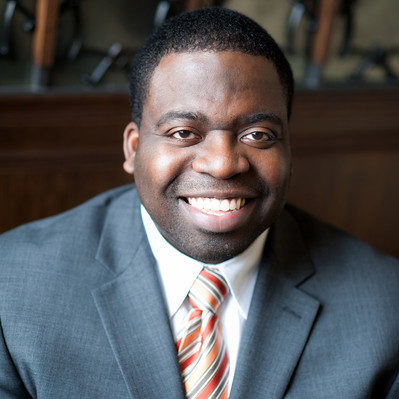The government should never be considered responsible stewards of private information without due process.
recite. rinse. repeat every time you hear about the creeping surveillance state:
Top U.S. intelligence officials gathered in the White House Situation Room in March to debate a controversial proposal. Counterterrorism officials wanted to create a government dragnet, sweeping up millions of records about U.S. citizens—even people suspected of no crime.
Not everyone was on board. “This is a sea change in the way that the government interacts with the general public,” Mary Ellen Callahan, chief privacy officer of the Department of Homeland Security, argued in the meeting, according to people familiar with the discussions.
A week later, the attorney general signed the changes into effect.
[…]The debate was a confrontation between some who viewed it as a matter of efficiency—how long to keep data, for instance, or where it should be stored—and others who saw it as granting authority for unprecedented government surveillance of U.S. citizens.
[…]The Fourth Amendment of the Constitution says that searches of “persons, houses, papers and effects” shouldn’t be conducted without “probable cause” that a crime has been committed. But that doesn’t cover records the government creates in the normal course of business with citizens.
Congress specifically sought to prevent government agents from rifling through government files indiscriminately when it passed the Federal Privacy Act in 1974. The act prohibits government agencies from sharing data with each other for purposes that aren’t “compatible” with the reason the data were originally collected.
So over the last twelve years warrantless wiretapping, under cover torture, and special domestic powers for wars fought on foreign soil result in this. Once authorities hear anything crazy from one person’s phone line, they want to look through all of our underwear drawers.
Yet we were all told: nothing to worry about if you haven’t done anything. That’s only true if you are a C level bankster or run BP. Then your cool.
The Boo Radley Threshold.
The WSJ writer accepts the false debate presented to them by government officials speaking on condition of public anonymity: efficiency vs. safety. Amassing unprecedented and unprocurable levels of new data per suspicious activity by a citizen is neither efficient nor safe. Surprise Party planning, getting a sleeve of tattoos, surprise engagements, playing hooky from work or school, and adultery are all legal and suspicious to someone. Suspicious behavior is not a good threshold for government surveillance.
It’s about whether government has a right to investigate a citizen with no official investigation established against them. And before you tut-tut about me or anyone bitching about this, think about Gen John Allen, who was getting a f*cking promotion until his boss Petraeus got caught f*cking his promotion. The “sexy, legal inbox non-gate” gate put his promotion on hold because he sent e-mails that were circumstantially related to Petraeus’ e-mail to the same social circle or something.
Basically, every teenager and almost all your co-workers are terrorism suspects to someone.
Think about it that way and tell me if that is really helping us “fight the terrorists over there before they get here”.
